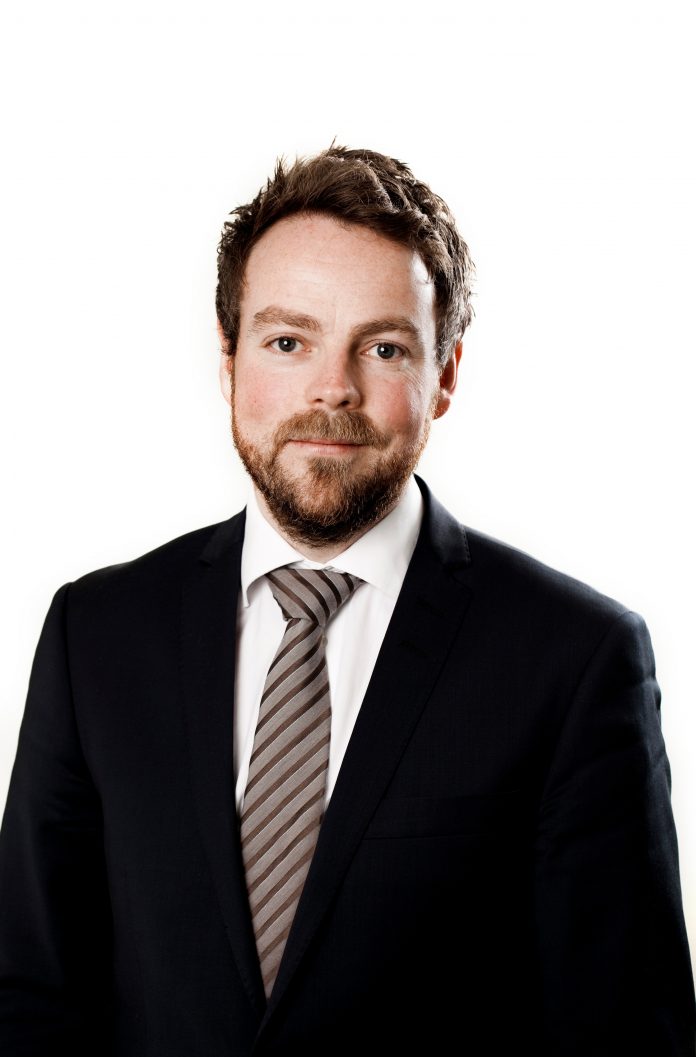Torbjørn Røe Isaksen, former Minister of Education and Research reveals his ambitions to increase the quality of higher education and research in Norway
These are interesting times for education, research and innovation policy. Policy development is taking place against a backdrop of an increasingly volatile world, with climate change, an ageing population, rising populism and an abundance of “fake news”, even “fake science”. Research and innovation are essential if we are going to respond to such challenges successfully.
Furthermore, technology shifts have taken us to the brink of a revolution in the labour market. We do not know how far-reaching it will be, but there seems to be a consensus that digitalisation and automation will not just make certain blue-collar jobs obsolete, but also highly skilled jobs.
Rapid technological developments mean that we also need our higher education institutions to take a leading role in shaping tomorrow’s workforce. What can they do to ensure that students not only graduate with skills that are in demand in today’s labour market, but also have the ability to adapt and renew their knowledge and skills?
In Norway, we have been lucky for a long time. The oil and gas sector has been an engine of economic growth. The importance of oil and gas, the seas and the oceans is still there, but now the mainland economy is moving more centre stage, as is already the case in most of the rest of Europe.
We know that a shift of the Norwegian economy is necessary if we are to remain prosperous in the future. Research, innovation and education are becoming even more important if we are going to make this transition successfully.
I would like to highlight four policy initiatives taken by the government to increase quality in higher education and research.
Norway is a small country in terms of population, but covers a large area. That is why the national structure contains a relatively high number of higher education institutions. Since 2015, we have taken initiatives to merge institutions and build stronger national networks in various fields of higher education and research. Several university colleges and universities have merged in order to ensure strong institutions and excellent academic networks.
We need to have greater ambitions on behalf of our students. Last year we presented a white paper on quality in higher education. We aim to stimulate the development of quality within all educational programmes, as well as particular measures to stimulate the most talented and motivated students.
Excellent teaching should not depend on a few individual enthusiasts, while status and resources are rewarded primarily to the foremost researchers. Rather, academic community as a whole.
Firstly, we require universities to develop systems for recognising good teachers and promoting their academic careers. Secondly, academic programmes will be subject to peer review to a much greater degree than today. Thirdly, we will set up a national arena through which educational communities can compete for resources to develop good teaching.
The white paper is a clear invitation to universities to take a leading role. What can they do to ensure that students not only graduate with skills that are in demand in today’s labour market, but also have the ability to adapt and renew themselves?
The government presented the long-term plan for research and higher education in 2014. The plan will be revised every four years. We are currently working on the first revision.
The long-term plan is the most important tool for ensuring satisfactory coordination and implementation of policy on research and higher education. The plan has been a success. The government allocated 2,9 billion NOK in the follow-up of the plan. Taking the 2018 budget into account, we reached all the goals we set out in 2014.
Education is the key to maintaining high employment rates and a productive and innovative workforce. However, it is also the key to develop and refine a democratic culture.
In 2017 we presented a white paper where one of our primary objectives is to present measures to ensure that the humanities engage with today’s grand challenges to a greater degree. I believe that both the humanities and the social sciences must play a central role if we are going to overcome the most pressing challenges of our time.
On Wednesday 17th January 2018, Torbjørn Røe Isaksen was appointed as Norway’s Minister of Trade. Mrs Iselin Nybø is now the Minister of Research and Higher Education in Norway. However, both ministers belong to the same government, so the broad policies Mr. Røe Isaksen outlined in this article are still relevant.
Torbjørn Røe Isaksen
Former Minister of Education and Research, Norway
Ministry of Education and Research
Tel: +47 22 24 74 00
www.regjeringen.no/no/dep/kd/org/Kunnskapsminister-Torbjorn-Roe-Isaksen/id742623/











